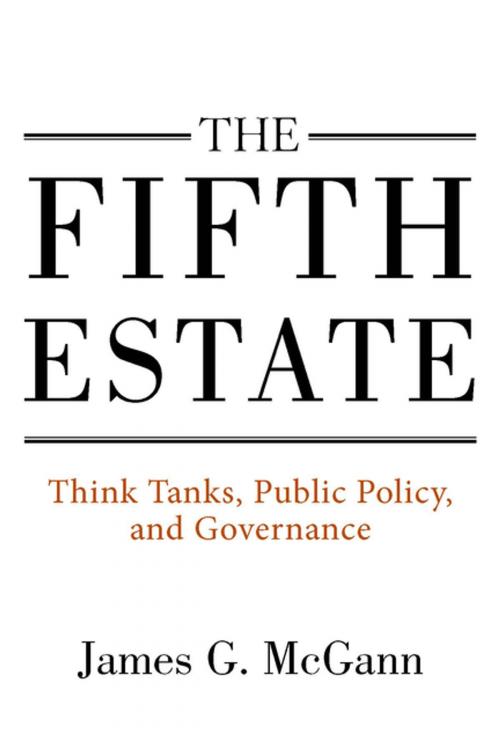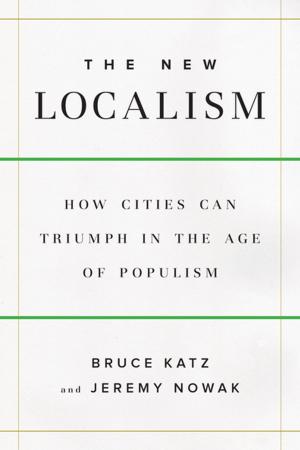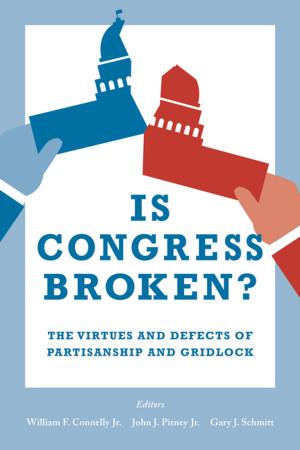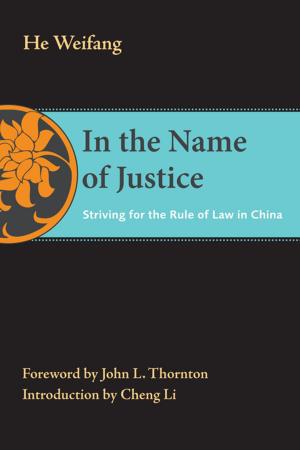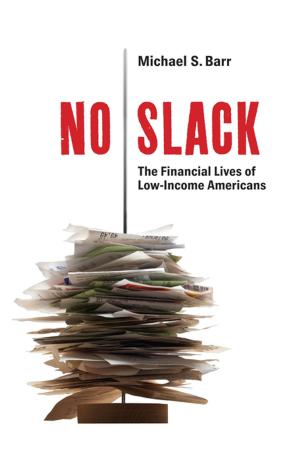The Fifth Estate
Think Tanks, Public Policy, and Governance
Nonfiction, Social & Cultural Studies, Political Science, Government, Public Policy| Author: | James G. McGann | ISBN: | 9780815728313 |
| Publisher: | Brookings Institution Press | Publication: | September 13, 2016 |
| Imprint: | Brookings Institution Press | Language: | English |
| Author: | James G. McGann |
| ISBN: | 9780815728313 |
| Publisher: | Brookings Institution Press |
| Publication: | September 13, 2016 |
| Imprint: | Brookings Institution Press |
| Language: | English |
The Fifth Estate: Think Tanks, Public Policy, and Governance is a comprehensive look at think tanks and the important role they play in shaping public policy and public discourse in the United States. Author James G. McGann illustrates the lasting impact of think tanks in today’s civil society.
A survey that McGann conducted among all the leading think tanks in the United States highlights the progress that think tanks in the United States have made and the challenges they have yet to face. McGann clarifies the correlation between think tank research and the policies enacted by the past three presidential administrations by looking at case studies in both foreign and domestic policy. He also describes a phenomenon known as the revolving door,” where think tanks provide former government officials an opportunity to share insights from public service, remain involved in policy debates, and continue to provide advice and commentary.
Based on the history and the level of involvement seen today, the influence of think tanks is unlikely to diminish in the coming years.
The Fifth Estate: Think Tanks, Public Policy, and Governance is a comprehensive look at think tanks and the important role they play in shaping public policy and public discourse in the United States. Author James G. McGann illustrates the lasting impact of think tanks in today’s civil society.
A survey that McGann conducted among all the leading think tanks in the United States highlights the progress that think tanks in the United States have made and the challenges they have yet to face. McGann clarifies the correlation between think tank research and the policies enacted by the past three presidential administrations by looking at case studies in both foreign and domestic policy. He also describes a phenomenon known as the revolving door,” where think tanks provide former government officials an opportunity to share insights from public service, remain involved in policy debates, and continue to provide advice and commentary.
Based on the history and the level of involvement seen today, the influence of think tanks is unlikely to diminish in the coming years.
